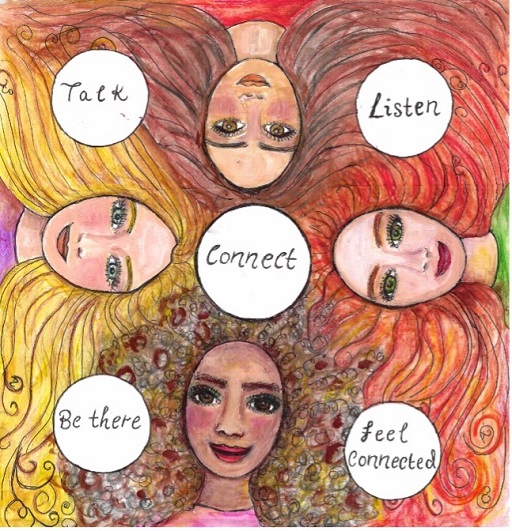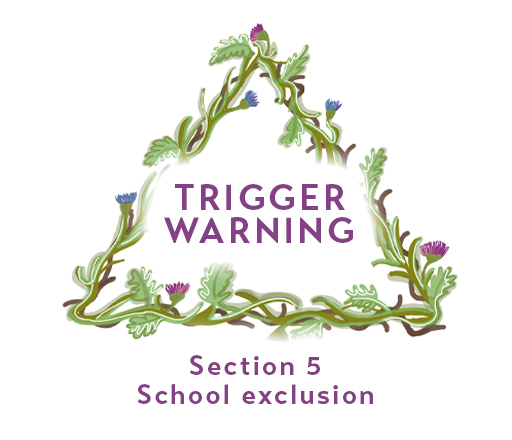Week 3: Communication and conversations about mental health
Introduction
Week 3 considers communications and conversations about mental health. Public attitudes to mental health have recently become more positive resulting in social barriers being broken down and conversations about mental health becoming more normalised. This means that adult learners might be familiar with and expectant of discussions about mental health and wellbeing. For some of you, starting conversations with adult learners about mental health is relatively straightforward. You may feel confident and at ease, have personal and/or professional experience of conversing about mental health and possess a virtual toolbox of strategies and language which you can confidently rely on. There may have been opportunities to engage in professional development about effective communication and/or perhaps mental health and wellbeing which has equipped you to initiate conversations in your learning environment.
Alternatively, some educators may not feel comfortable about starting conversations with adult learners about mental health. These conversations might be out of your realm of experience, and you may feel ill-equipped to engage in the more personalised and potentially emotive aspects of learners’ mental health. You may fear getting it wrong. Some adult learners may also feel reticent about discussing their mental health with their educator. There is potential fear of stigmatisation or concerns that disclosing poor mental health might negatively influence learners’ educational progression and grades. Power dynamics, which constantly influence educators’ relationships with learners, are therefore highly relevant in conversations about mental health.
Whatever your level of comfort and skill in having conversations with learners about mental health, this week aims to improve your confidence and capabilities for such communication. It specifically provides skills and tools that you can use to aid learners in talking about their mental health. Most importantly, the aim is to enable you to facilitate adult learners in feeling supported, listened to and empowered to seek the external support they need.
By the end of this week, you should be able to:
- appreciate how perceptions of holding conversations about mental health are influenced by socially constructed influences, including time and culture
- identify the appropriateness of starting conversations about mental health with learners and feel confident discussing mental health
- apply effective active listening skills in your communications with learners
- understand the importance of empathetic communications with learners and develop your ability to demonstrate empathy
- recognise how bias can impact your ability to conduct non-judgemental conversations.
Week 3 begins by exploring how societal and cultural influences have informed our understanding and experience of mental health conversations.


